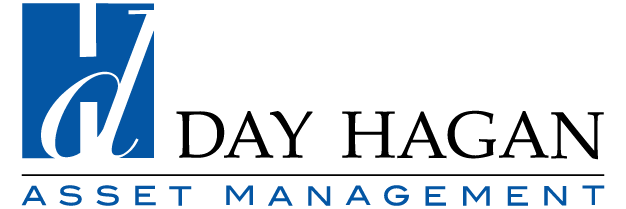
What is the difference between an ETF and a Mutual Fund?
The distinction between exchange-traded funds (ETFs) and mutual funds lies in their structure, trading methods, costs, management styles, and tax implications.
In summary, both ETFs and mutual funds offer professional management and a wide variety of investment options, enabling diversification. However, their differences in trading methods, costs, transparency, and tax efficiency should guide your choice based on your investment preferences and goals. While ETFs provide advantages such as intraday trading, lower fees, and potential tax benefits, mutual funds offer options for both active and indexed management styles. It’s essential to understand these distinctions to make informed investment decisions.
Lets Work Together
Interested in working together? Fill out the contact form below and we will be in touch shortly! We look forward to working with you.

